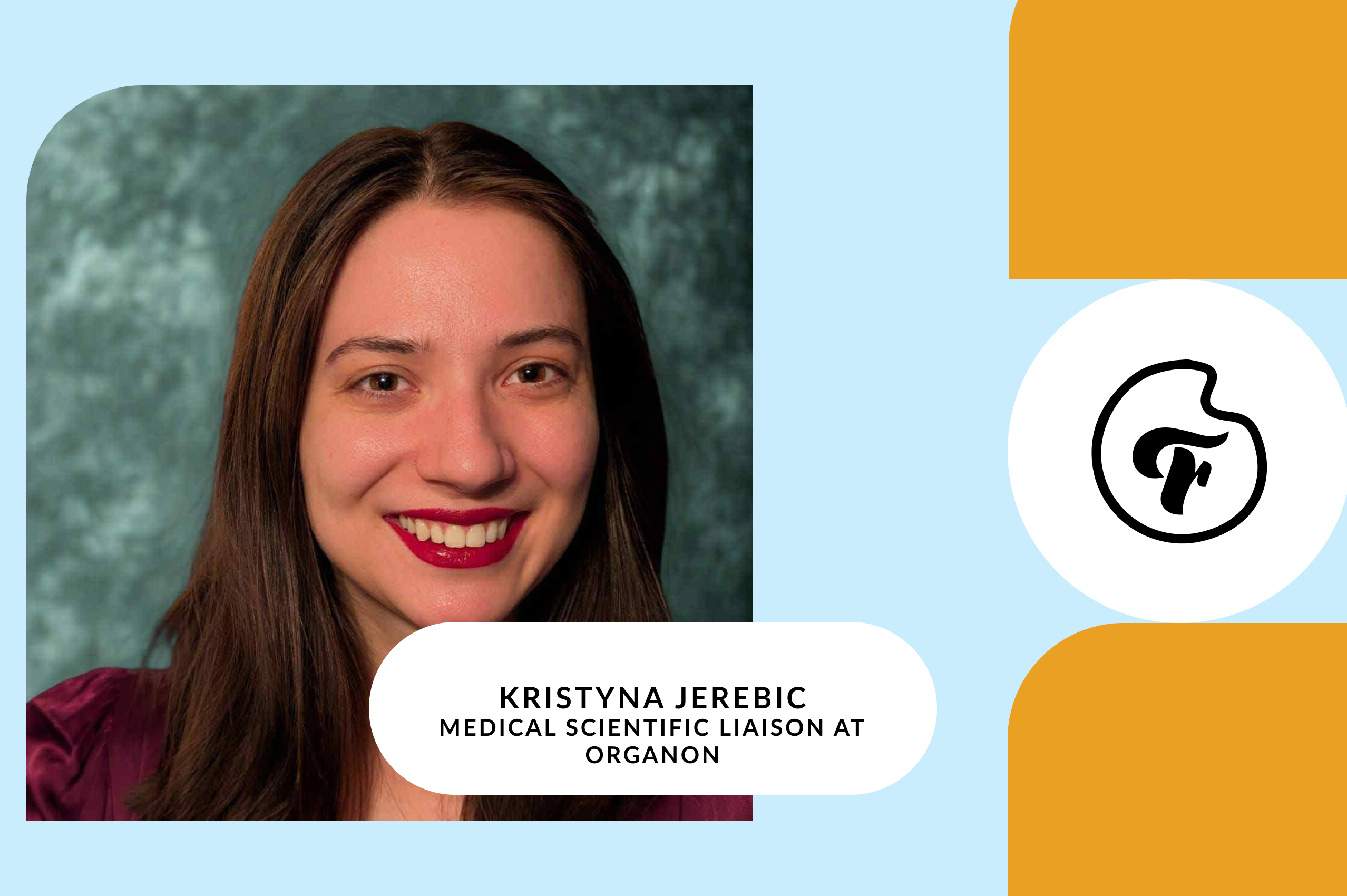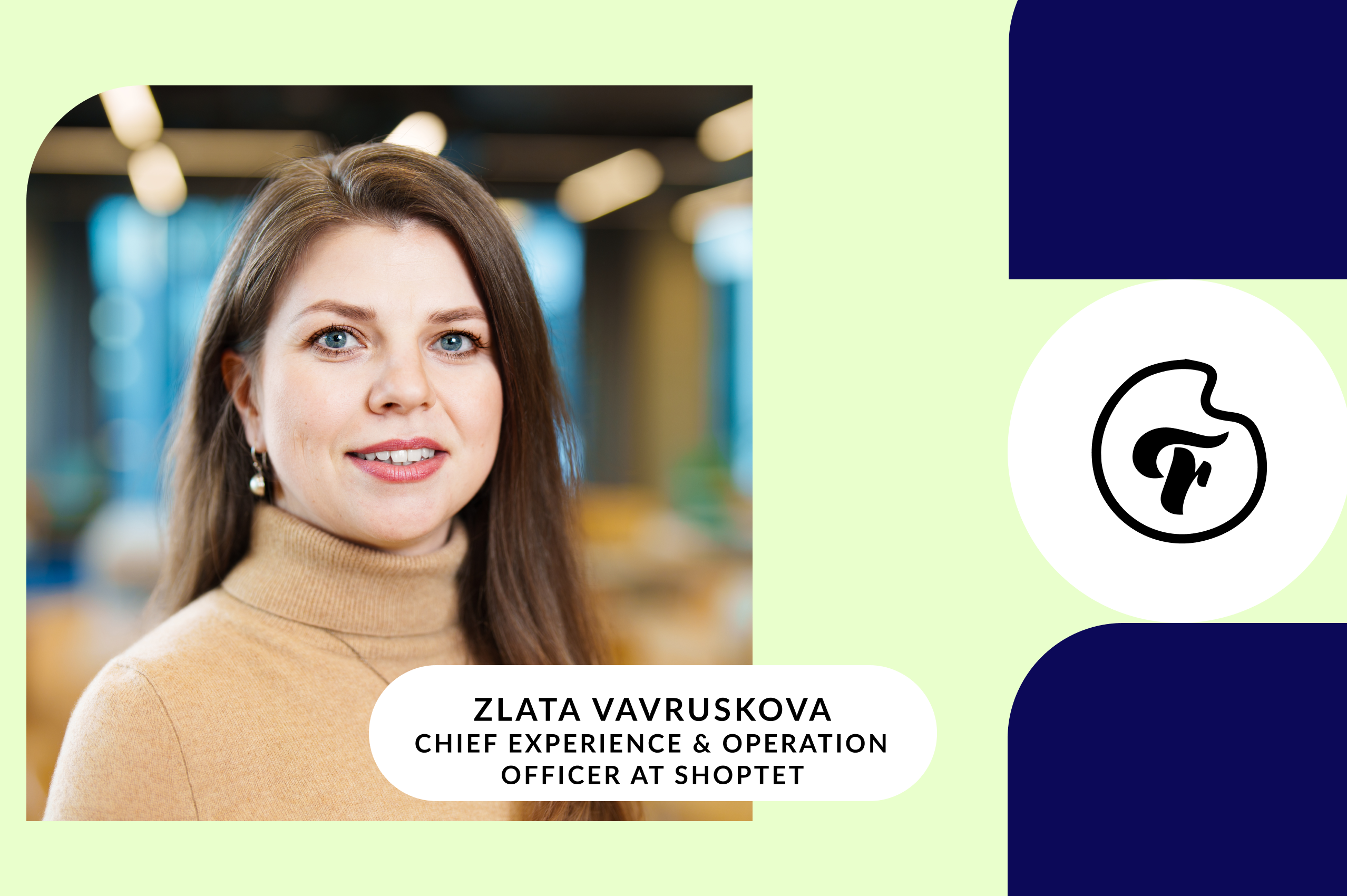
In our latest interview, we sat down with Valentyna Chycha, Senior Software Test Engineer at Paylocity, who shared an inspiring look into her career journey - from a surprising start in software testing during her studies in Ukraine to a leadership role in a fast-paced U.S. tech environment. Valentyna reflects on the power of resilience, mentorship, and self-advocacy in navigating challenges such as micromanagement and underrepresentation. Her thoughtful insights highlight how continuous learning, clear communication, and inner confidence can shape a successful and fulfilling career in tech.
My journey into technology began during my studies at Ternopil National Economic University. It was 2012, the final months of my master’s program. Since my specialization was in Software Systems, I expected to dive straight into coding when I started my internship at Eleks.
However, the company had different plans for me, assigning me tasks in software testing. That unexpected turn sparked my interest, and I quickly realized how crucial the role of testing is. Being the first to see, interact with, and validate new changes before they reach end users fascinated me. Testing is more than just checking code, it’s about ensuring quality, analyzing functionality, and making key decisions that determine whether software is ready for deployment.
Looking back at my career, one pivotal moment stands out, early feedback that shaped my mindset. A highly respected IT professional once told me, “You don’t have a talent for testing.” At the time, those words hit hard. I questioned my abilities and wondered if I was in the right field. But instead of giving up, I approached it analytically. I broke everything down - was the product interesting to me, did I have enough time to understand it, was the work environment engaging? I realized that external factors played a role in my struggles, but they had nothing to do with my actual capabilities.
That feedback became a turning point. I pushed myself harder, deepened my expertise, and built confidence through knowledge. Over time, I refined my technical skills, improved communication, and took on more responsibilities, steadily advancing in my career.
Now, as a Senior Engineer, I see every obstacle as an opportunity to learn. Even tough criticism can be a powerful motivator when approached with the right mindset.
Despite the progress in the tech industry, women continue to encounter distinct challenges, and I have often found myself as the only woman on a project. Early in my career, I felt my competence was constantly tested, and every mistake seemed magnified. My work was scrutinized more intensely than that of my peers, and any misstep felt like a serious setback.
To navigate these difficulties, I went beyond expectations, dedicating extra time to strengthen my expertise and build deep knowledge of the product I was testing. I also actively engaged with business teams and users to understand the broader impact of the software, which not only enhanced my technical skills but also helped boost my confidence.
One of the most persistent obstacles was micromanagement - an issue I had to address head-on. I expressed that I was capable of seeking help when necessary, but what I truly needed was trust and support, not to be shielded from every challenge.
Formal mentorship and coaching sessions first became part of my career about two and a half years ago when I was working in management. These sessions were incredibly valuable, allowing me to analyze real workplace situations with experienced mentors. We worked through topics like how to give and receive constructive feedback, how to handle micromanagement, and how to request additional resources. Having the opportunity to openly discuss challenges and receive structured guidance was transformative.
However, the greatest influence often came from leading by example. I was fortunate to have strong line managers who set a standard of leadership that I could follow. Their approach to problem-solving, decision-making, and team communication gave me a practical roadmap for navigating challenges. Most importantly, they fostered an environment where I could speak openly about workplace concerns, which made a significant difference in my growth.
One of the most impactful lessons I’ve learned from mentorship is that effective leadership is rooted in trust, open communication, and the ability to advocate for oneself. Whether through structured sessions or everyday interactions with inspiring professionals, mentorship has shaped my ability to approach challenges with confidence and strategic thinking.
For me, it’s important to create an environment where newcomers not only develop technical skills but also gain confidence in their abilities. A strong mentorship experience goes beyond knowledge transfer; it fosters growth, trust, and self-assurance.
One of my most memorable experiences as a mentor involved guiding a junior colleague who had no prior experience in automation or programming languages. At first, the process was challenging. His lack of foundational knowledge required patience and gradual adaptation. However, through consistent collaboration, we built trust, and over time, he became more comfortable exploring new concepts, asking questions, and embracing mistakes as learning opportunities.
Eventually, he not only gained confidence in his role as an automation engineer but also became an invaluable contributor to the project. This experience reinforced my belief that mentorship is an investment, not just in an individual but in the success of an entire team. The real impact comes from creating an environment where people feel empowered to learn, grow, and take ownership of their development.
Throughout my 15 years in the IT industry, I have continuously refined both technical and communication skills, as each plays a crucial role in software testing.
From a technical standpoint, my experience spans various technologies, including databases, UI, API, client-server applications, and backend systems. I’ve learned to switch effortlessly between programming languages depending on the project’s needs. Expanding technical expertise and staying adaptable has been key to my professional growth.
However, communication has been a different challenge. I am one of those people who speaks rarely but with precision, and when I do speak, I prefer concise and purposeful dialogue. To feel comfortable in conversations, I thoroughly prepare for every meeting. The deeper my understanding of the topic, the more confidently I can engage in discussions, contribute ideas, and express my perspectives.
For women aspiring to excel in software testing, I would advise continuously expanding technical expertise, embracing new technologies, and at the same time, developing effective communication strategies. While knowledge is essential, the ability to clearly articulate ideas, advocate for oneself, and engage in productive dialogue is equally important for success.
One of the key things I wish I had realized earlier is that success in tech isn't just about doing your job well. Visibility, proactiveness, and the ability to advocate for yourself play just as crucial a role. But more than anything, I wish I had known the power of mentorship - having someone who genuinely supports you and helps you navigate challenges can make all the difference.
I would encourage young women in tech to find a mentor, a person who will guide, challenge, and uplift them throughout their career. A strong mentor provides perspective, helps build confidence, and ensures that you don’t have to figure everything out alone. Whether it’s formal mentorship or an informal relationship with someone whose experience you admire, learning from others accelerates growth.
Beyond mentorship, flexibility and continuous investment in learning are essential. A career in technology is an ongoing journey, and opportunities don’t just appear on their own, they emerge when you recognize them and have the confidence to step forward. One of the most valuable lessons I’ve learned is to speak up—to share ideas, take initiative, and occupy open spaces in a team when they arise. If there’s a chance to step into a leadership role or contribute meaningfully, take it before someone else does.
Another realization that came too late for me was the importance of asking for promotions. I lost several years assuming that simply doing my job well would be enough for others to notice my contributions. But without actively advocating for myself, showcasing my expertise, and clearly expressing my career aspirations, progress can stall for years.
My advice to young women entering the tech field: don’t wait; take action. Finda mentor, seek support, and never underestimate your ability to shape your own career path. Success in tech isn’t just about talent or knowledge; it’s also about confidence, visibility, and the ability to assert your value. When you take control of your trajectory and surround yourself with people who encourage your growth, opportunities expand much faster.
The future of women in tech, particularly in software engineering and testing, is becoming increasingly promising. We are witnessing a trend toward expanded support, especially through mentorship and coaching programs designed specifically for women in IT. This is a significant step forward, as the issue of women being undervalued in the industry remains a reality.
However, acknowledging the problem is already progress, once barriers are openly discussed, they become easier to dismantle. There is still work to be done, butI find it inspiring to see women not just entering the field but taking leadership roles, driving innovation, and reshaping the industry for future generations.
To any woman hesitating to step into tech or doubting her place in this field, I want to emphasize - you absolutely belong here. The industry thrives on diverse perspectives, innovation, and adaptability, and your voice, skills, and ideas are needed now more than ever.
Finding mentorship can make a huge difference. Seek out someone who believes in your potential, who will support your growth and push you forward. No one succeeds alone, and the guidance of a mentor can accelerate your development and help navigate challenges.
Most importantly, understand that confidence comes with experience - no one starts out knowing everything. Every challenge you overcome, every skill you build, every conversation where you assert yourself, it all adds up. Keep going, keep learning, and know that your presence in tech isn’t just valuable, it’s essential.


